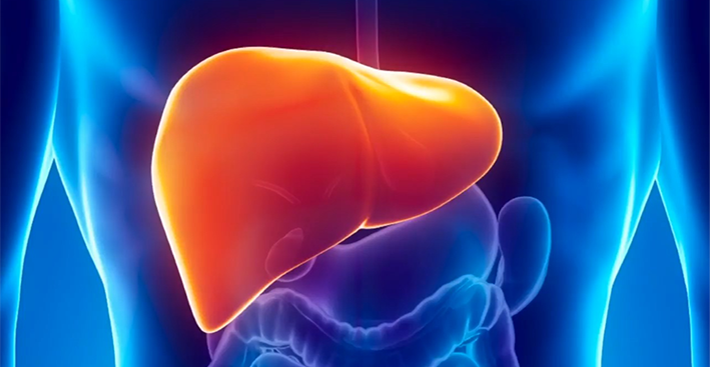What Is Hepatitis C?
Hepatitis C is a liver disease.
Hepatitis (HEP-ah-TY-tis) makes your liver swell and stops it from working right.
You need a healthy liver. The liver does many things to keep you alive. The liver fights infections and stops bleeding. It removes drugs and other poisons from your blood. The liver also stores energy for when you need it.
What Causes Hepatitis C?
Hepatitis C is caused by a virus.
A virus is a germ that causes sickness. (For example, the flu is caused by a virus.) People can pass viruses to each other. The virus that causes hepatitis C is called the hepatitis C virus.
How Could I Get Hepatitis C?
You could get hepatitis C by sharing drug needles.
Hepatitis C spreads by contact with an infected person’s blood.
You could get hepatitis C by
- Sharing drug needles.
- Getting pricked with a needle that has infected blood on it (hospital workers can get hepatitis C this way).
- Being born to a mother with hepatitis C.
In rare cases, you could get hepatitis C by
- Getting a tattoo or body piercing with unsterilized, dirty tools.
- Having sex with an infected person, especially if you or your partner has other sexually transmitted diseases.
You can NOT get hepatitis C by
- Shaking hands with an infected person.
- Hugging an infected person.
- Kissing an infected person.
- Sitting next to an infected person.
Could I Get Hepatitis C from a Blood Transfusion?
A doctor can test you for hepatitis C.
If you had a blood transfusion or organ transplant before 1992, you might have hepatitis C.
Before 1992, doctors could not check blood for hepatitis C, and some people received infected blood. If you had a blood transfusion or organ transplant before 1992, ask a doctor to test you for hepatitis C.Â
What Are the Symptoms?
Many people with hepatitis C don’t have symptoms.
However, some people with hepatitis C feel like they have the flu.
So, you might
- Feel tired.
- Feel sick to your stomach.
- Have a fever.
- Not want to eat.
- Have stomach pain.
- Have diarrhea.
Some people have
- Dark yellow urine.
- Light-colored stools.
- Yellowish eyes and skin.
If you have symptoms, or think you might have hepatitis C, go to a doctor.
What Are the Tests for Hepatitis C?
The doctor will take some blood to check for hepatitis C.
To check for hepatitis C, the doctor will test your blood.
These tests show if you have hepatitis C and how serious it is.
The doctor may also do a liver biopsy.
Biopsy (BYE-op-see) is a simple test. The doctor removes a tiny piece of your liver through a needle. The doctor checks the piece of liver for signs of hepatitis C and liver damage.
How Is Hepatitis C Treated?
Hepatitis C is treated through shots of medicine.
Hepatitis C is treated with a drug called interferon alone or in combination with the drug ribavirin.
You may need surgery if you have hepatitis C for many years. Over time, hepatitis C can cause your liver to stop working. If that happens, you will need a new liver. The surgery is called a liver transplant. It involves taking out the old, damaged liver and putting in a new, healthy one from a donor.
How Can I Protect Myself?
You can protect yourself and others from hepatitis C:
- Don’t share drug needles with anyone.
- Wear gloves if you have to touch anyone’s blood.
- Don’t use an infected person’s toothbrush, razor, or anything else that could have blood on it.
- If you get a tattoo or body piercing, make sure it is done with clean tools.
- If you have several sex partners, you should use a condom during sex.
- If you have hepatitis C, don’t give your blood or plasma. The person who receives it could become infected with the virus





